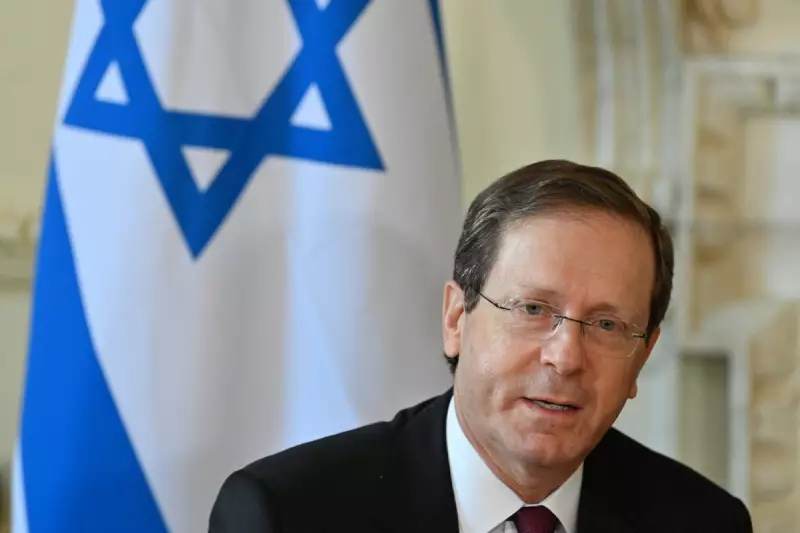
Labour leader Sir Keir Starmer's crucial diplomatic mission to Qatar was thrown into disarray following a tense and confrontational meeting with the Gulf state's leadership. The discussions, intended to bolster international relations, were dominated by sharp criticism of Starmer's controversial stance on the Israel-Gaza conflict.
The Qatari leadership delivered a stern rebuke, directly challenging Starmer's refusal to support an immediate ceasefire. This position, which has sparked fury within his own party and among the British public, was the central point of contention, turning what was planned as a diplomatic courtesy call into a heated exchange.
Pressure Mounts on Labour Leader
The encounter highlights the immense international and domestic pressure building around Starmer. His decision to align closely with the UK government's position, supporting only 'humanitarian pauses' rather than a full cessation of hostilities, has become a significant political liability.
This foreign policy rift comes at a critical time for the Labour leader, who is simultaneously grappling with a massive internal rebellion. More than a third of his own Shadow Cabinet ministers and over 100 Labour MPs have publicly defied him to demand an immediate ceasefire, creating the largest rebellion of his leadership.
Earlier Controversy with Israeli President
The Qatar meeting followed another politically charged moment for Starmer. Earlier in the week, he held talks with Israeli President Isaac Herzog, who is facing allegations of complicity in war crimes in Gaza at the International Court of Justice.
Starmer's office faced accusations of a serious lapse in judgement for not disclosing the Herzog meeting to the media beforehand, leading to claims of a 'cover-up'. A spokesperson defended the move, stating the meeting was conducted in Starmer's capacity as Leader of the Opposition to receive a 'situation update'.
This diplomatic tightrope walk underscores the profound challenges Starmer faces in navigating the complex geopolitics of the Middle East while maintaining unity within a deeply divided Labour Party ahead of a general election.





